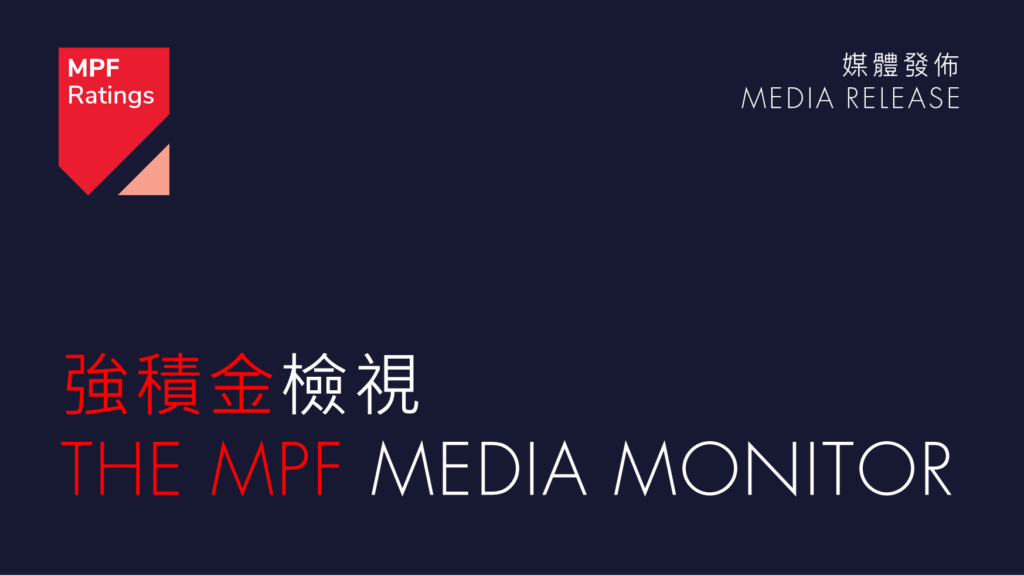8 May 2020
Members learn a very expensive lesson
MPF in April recorded some of the biggest monthly performance changes on record. Good news for most MPF members but a harsh and very expensive lesson for others according a leading independent MPF research group.
With world leaders and central banks shoring up confidence in the wake of the COVID-19 pandemic, financial markets rebounded strongly in April with MPF asset classes retracing most of their March losses. In fact, while March was one of the worst return months in MPF’s history, April was one of the best (Chart 1).
Chart 1: 1-Month Return of MPFR Indices (March vs April 2020) and Return Difference

Source: MPF Ratings
For MPF members who remained invested over the past two months the turnaround in performance was a relief, but for those who panicked and switched, it’s created the worst outcome possible, the effects of which will be felt for decades to come according Francis Chung (叢川普), Chairman of MPF Ratings, Hong Kong’s independent provider of MPF research as he released MPF Ratings’ MPF Performance Survey for April.
To illustrate the point, Mr Chung referenced Global Equities as an example. “The return difference of MPF Ratings’ MFPR Equity Fund (Global) Index between March and April was 24.27% (see Chart 1). If an MPF member had sold at the end of March, they would have realized a loss of -13.06% and missed the gain of +11.21%. Even if one learns from the mistake and stays invested thereafter till retirement, by missing out on the +11.21% gain on $100,000 invested over 20 years with an expected return of 5% p.a. this would equate to a $30,411 difference compared to remaining invested, or put another way, an extra 30.41% return on the original $100,000 invested. One poor decision today could result in big differences with even bigger retirement implications.”
When asked if he had any advice for MPF members during these times of uncertainty, Mr Chung was blunt in his counsel, “It takes patience and courage to do nothing and remain invested over the long term, but regrettably, investors panic. Time in market is more important than market timing.”
